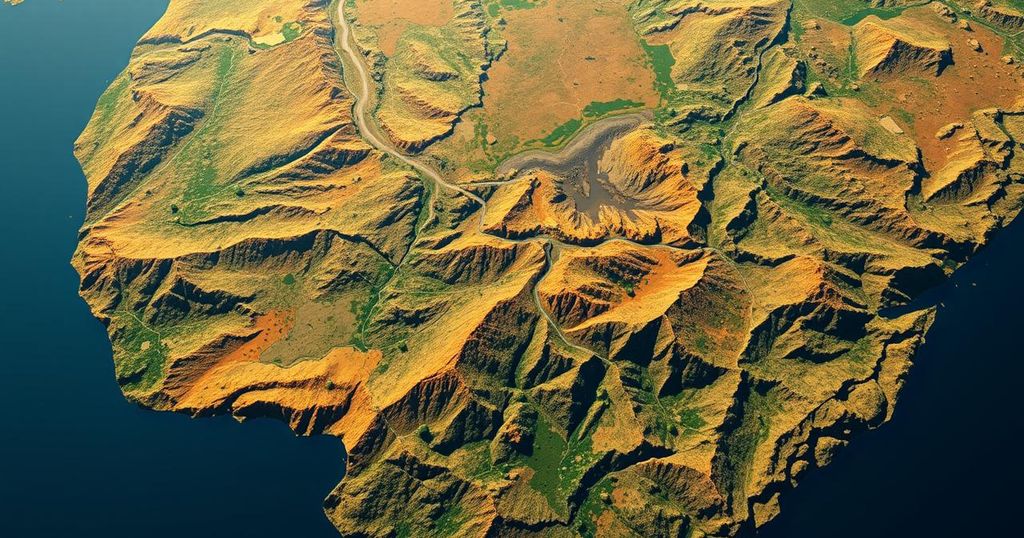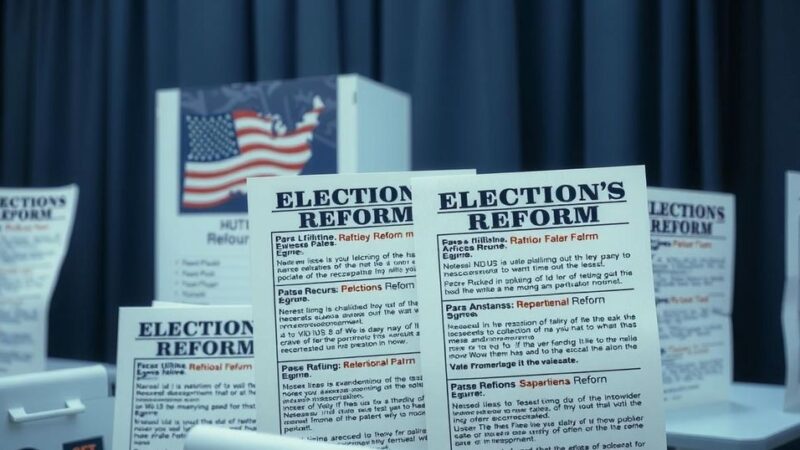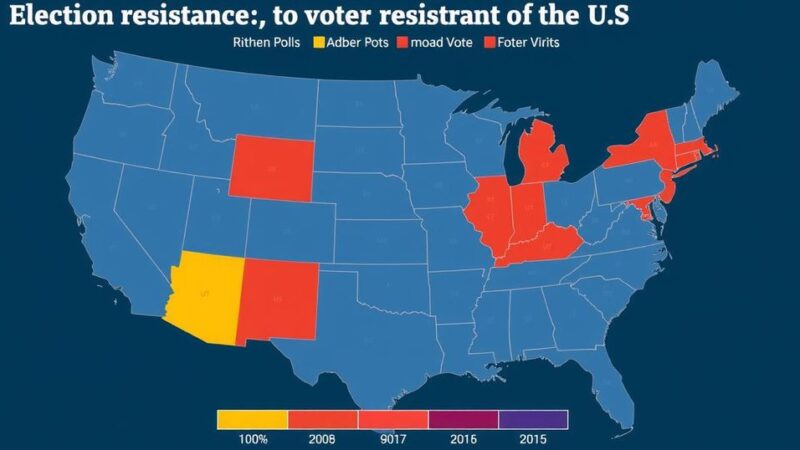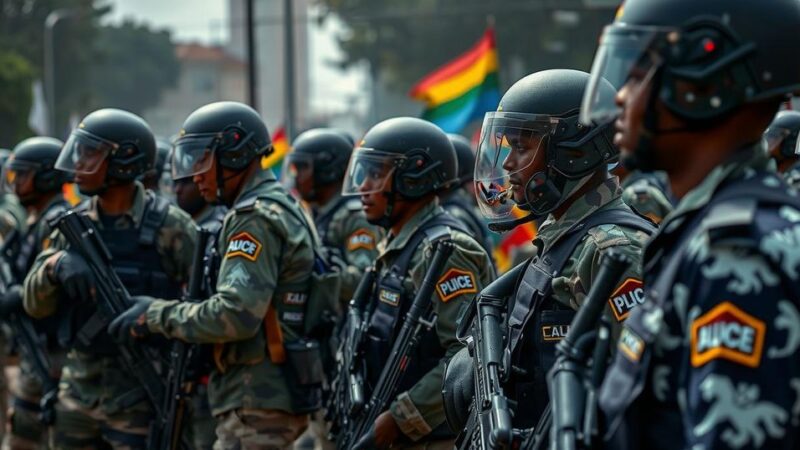The Democratic Republic of the Congo, after gaining independence in 1960, built its economy largely on mineral extraction, especially copper and diamonds. However, the country faced significant economic challenges due to nationalization policies, mismanagement under Mobutu’s regime, and subsequent civil unrest. Agriculture remains vital but has reverted largely to subsistence due to infrastructure issues. Reforms in the early 2000s have shown some positive growth, although substantial hurdles remain for stability and development.
The Democratic Republic of the Congo (DRC) has an economy historically rooted in the extraction of minerals, especially copper and diamonds, since its independence in 1960. In the early years, most economic activities were dominated by foreign enterprises, notably the Belgian Union Minière du Haut-Katanga (UMHK), which was a significant contributor to government revenues with its assets valued at approximately $430 million by 1965. However, following a coup in 1965 led by Mobutu Sese Seko, plans were initiated to nationalize UMHK. This led to the establishment of a state-owned company, Générale des Carrières et des Mines (Gécamines), with daily operations subcontracted to a management firm linked to the former UMHK. Mobutu’s regime emerged characterized by a systematic appropriation of private enterprises under a policy called “Zairianization.” This control allowed Mobutu to amass substantial wealth while cultivating a network of patronage that maintained his political power. Western nations, preferring to support Mobutu due to geopolitical considerations during the Cold War, initially overlooked his economic mismanagement and corruption. Unfortunately, declining copper prices during the mid-1970s brought about audits that revealed significant embezzlement within state-run enterprises. Despite these revelations, international financial institutions continued to provide support amidst economic decline. By the 1990s, as calls for political reform surfaced worldwide, Mobutu’s regime faced internal economic turmoil, resulting in a drastic drop in per capita income and continued mismanagement of state resources. The devaluation of the national currency and a shift towards an informal economy ensued, particularly following civil unrest in the late 1990s, further debilitating the nation’s economic structure. In response to overwhelming economic collapse, the DRC initiated market-oriented reforms in the early 2000s with support from the International Monetary Fund (IMF) and the World Bank. This transition marked the first positive GDP growth in over a decade in 2002, stimulated by better political stability following the end of civil conflict. In terms of agriculture, it remains the primary livelihood for the majority, employing over three-fourths of the labor force and contributing significantly to GDP. Although the potential exists for more commercial agricultural production, inadequate transportation systems and agricultural support have resulted in a regression to subsistence farming. Some staple crops include cassava, rice, and beans, while coffee ranks as the leading agricultural export, much of which occurs through informal channels. Despite possessing rich agricultural capacity, the DRC faces challenges in reforming and revitalizing its agricultural sector, which has been significantly affected by the historical economic policies and the recent turmoil.
The Democratic Republic of the Congo, a nation boasting an abundance of natural resources, has experienced a tumultuous economic history since gaining independence. The economy primarily relies on mineral extraction, but its shifts towards nationalization and subsequent mismanagement under various regimes have resulted in significant economic decline and reliance on informal markets. Understanding this complex economic landscape offers insight into the country’s current struggles with poverty and the efforts required for recovery and reform. Agriculture plays a pivotal role in the DRC’s economy, providing sustenance and income for the majority of its inhabitants, yet faces persistent obstacles that hinder productivity and market access.
In summary, the Democratic Republic of the Congo’s economy, heavily dependent on mineral extraction and agriculture, has undergone significant transformations since its independence. Following Mobutu’s prolonged regime characterized by economic mismanagement and corruption, the country is now attempting to stabilize and reform its market structure with international assistance. However, profound systemic issues, especially in agriculture, continue to pose challenges for the nation’s development and the fight against poverty. As the DRC moves forward, addressing these challenges is crucial for fostering sustainable economic growth and improving the living standards of its citizens.
Original Source: www.britannica.com






